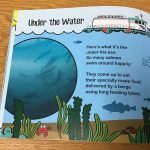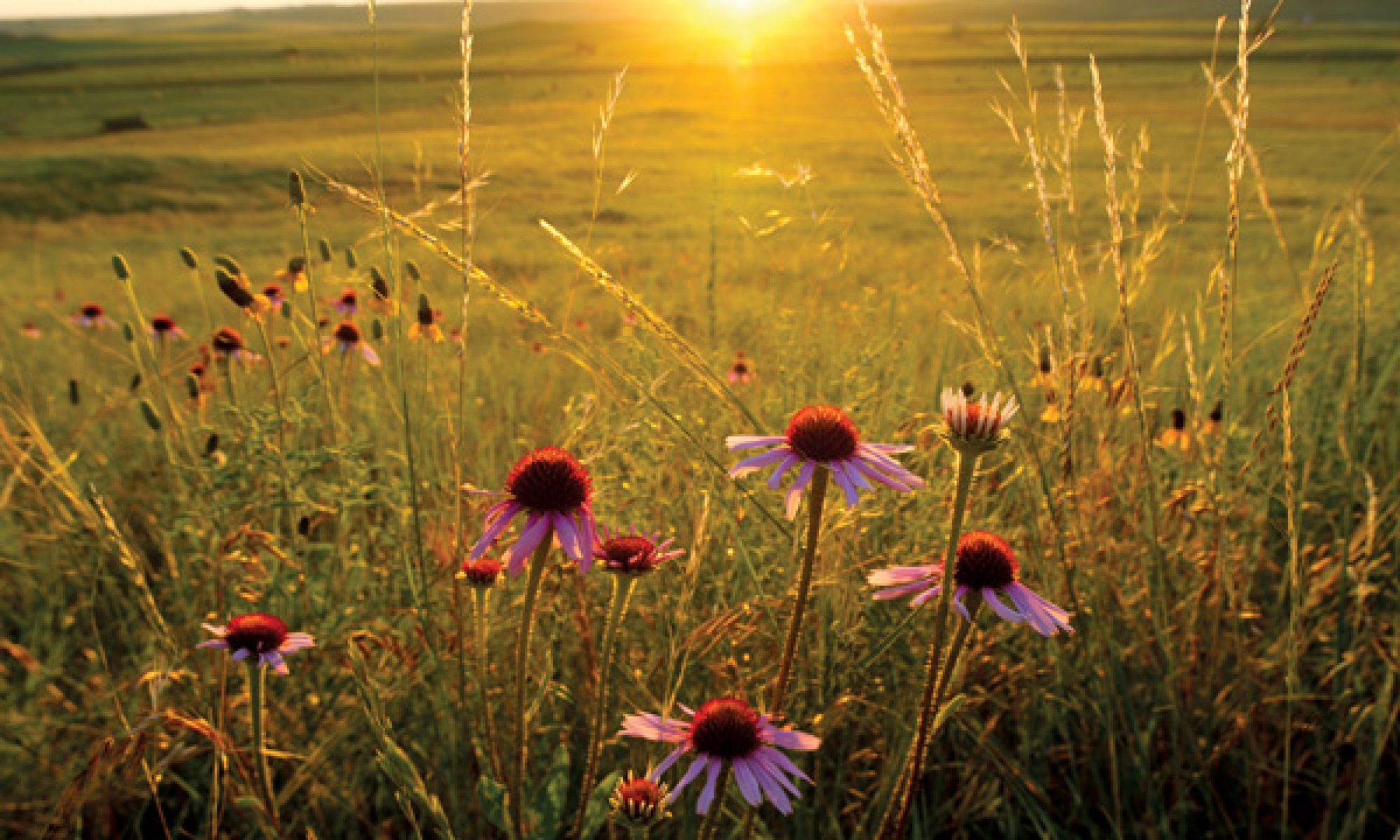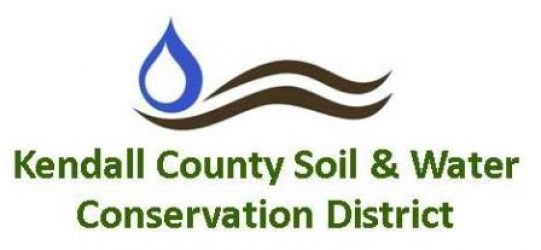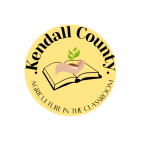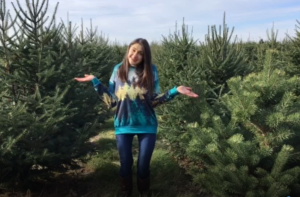2022-2023
Agriculture in the Classroom Lessons
These lessons are available in-person, or in video format.
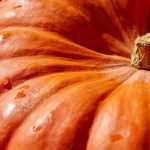 Pumpkins
Pumpkins
K-3rd Grade: Learning Standard: K-PS2; K-2-ETS1-2; 3-LS4-3; 3-LS4.C; 3-LS4-4; 3-LS1-1; 3-LS1.B; 3-LS3-2; 3-LS3.B; Students will learn about pumpkins. The presentation will include reading a book about pumpkins. Students will build their very own pumpkin catapult.
4th and 5th GRADE: Learning Standards: 4-LS1-1; 4-LS1.A 4-PS3; 3-5-ETS1:
Students will learn about pumpkins. The presentation will include trivia about pumpkins. Students will build and test their very own pumpkin catapult.
Presentation Months: September and October
6-8th GRADE: Learning Standard: MS-ETS1-1; MS-PS3-2
This lesson is designed to help students learn more about simple machines and provide opportunities to design and test their own pumpkin catapult.
Presentation Months: September and October
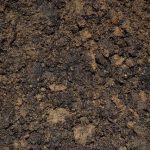 Soil
Soil
K-5th Grade: Learning Standard: K-LS1;1-LS1-2; 2-LS4-1; 3-LS4-3;3-LS4-4; 3-LS1-1; 3-LS3-2; 3-ESS3-1; 4-ESS2-1; 4-ESS3-1; 4-LS-1; 5-LS1
Students will learn the importance of soil and observe its many components. Students will investigate different soil types and discuss which soil ingredients are important and why.
Presentation Months: November and December
6-8th GRADE: Learning Standard: MS-ETS1.A
This lesson uses an apple as a small scale model of earth to give students a different perspective on the amount of land available for agriculture. Students will follow along the demonstration, using fractions to divide the earth into decreasing segments.
Presentation Months: November and December
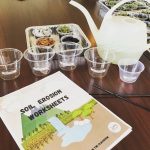 Erosion
Erosion
K-5th Grade: Learning Standard: K-ESS3-3; 1-ESS1-2; 2-ESS2-1; 3-ESS3-1
Students will learn the importance of protecting our soils to prevent them from eroding away. The lesson will include reading a story about erosion, a discussion about erosion, and a science experiment demonstration to watch erosion in action.
Learning Standards: 4-ESS2-1; 4-ESS2-2; 5-ESS3
Students will learn about erosion through discussion, and a hands-on science experiment that demonstrates erosion in action.
Presentation Months: January, February, March
6-8th GRADE: Learning Standards: MS-ESS3-1, MS-ESS3-3
Students will learn the importance of protecting our soils and how to prevent them from eroding away. Students will learn about erosion through discussion and a hands-on science experiment that demonstrates erosion in action.
Presentation Months: January, February, March
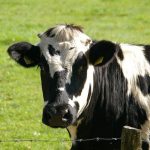 Beef
Beef
K-5th Grade: Learning Standards: K-LS1-1; 1-LS1-1; 2-LS4, 3-LS3
Students will learn what beef is. Students will discuss what things come from and go to beef. Students will apply learning in a game.
Learning Standards: 4-LS1-1, 5-PS1-4, 5-PS3-1
Students will learn about the digestive system of ruminate animals such a beef cattle. This lesson is a fun, hands-on activity designed to help students understand the process of rumination and how digestive systems work.
Presentation Months: April and May
6-8th GRADE: Learning Standards: MS-LS1-3; MS-LS1-7
Students will learn about the digestive system of ruminate animals such a beef cattle. This lesson is a fun, hands-on activity designed to help students understand the process of rumination and how digestive systems break down food for energy.
Presentation Months: April and May
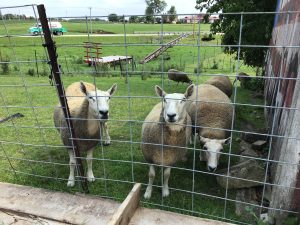
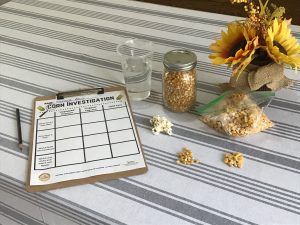
Past Agriculture in the Classroom Lessons
These lessons are available in video format.
Local Foods
K-5th Grade: Learning Standards: K-LS1-1, 1-LS1-1, 2-LS2-1, 2-LS4-1, 3-LS1-1, 3-LS3-2, 3-LS4-3, 3-LS4-4, 4-LS1-1, 5-LS1-1
Students will learn about local foods and how plants grow. The presentation will include reading a book and an experiment to watch and learn how to grow food.
Presentation Months: August, September, October
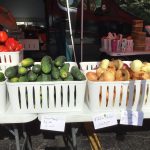
Fibers and Fabrics
2nd-5th Grade: Learning Standards: 2-PS1-1 and 5-PS1-3
Students will learn about different fibers and fabrics. Students will watch a video from a local sheep farmer, examine and observe different fibers, and even spin wool into yarn.
Presentation Month: January and February

Grains
2nd and 3rd Grade:
Learning Standards: 2-PS1-4 and 3-PS2-1,
Students will learn about grains. This presentation will include watching a video and do a corn and popcorn science experiment.
4th and 5th Grade:
Learning Standards: 4-ESS3-1 and 5-ESS3-1
Students will learn about grains. This presentation will include watching a video, discussion, and activity on the process of grains used as a renewable energy source.
Presentation Month: November and December
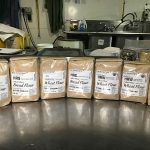
Chickens
2nd-5th Grade: Learning Standards: 2-LS4, 3-LS3, 4-LS1, 5-LS2
Students will learn about different types of poultry. Students will watch a video from a local poultry grower to learn poultry growth, behaviors and what poultry is used for. Students will apply learning in a game.
Presentation Month: March, April, May
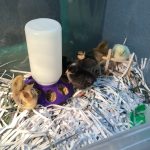
Apples
Learning Standard: 2-LS2-2
This lesson will introduce students to the production of apples and the importance of pollinators. The lesson will include reading a book and doing an activity to learn the life cycle of an apple.
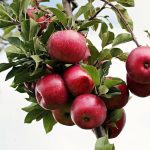
Erosion
Learning Standard: 2-ESS2-1
Students will learn the importance of protecting our soils to prevent them from eroding away. The lesson will include reading a story about erosion, a discussion about erosion, and a science experiment demonstration to watch erosion in action.

Pumpkins
Learning Standard: K-2-ETS1-2
Students will learn about pumpkins, which Illinois is the number one producer of. The lesson will include watching a video about pumpkins and getting to build their very own pumpkin catapult.

Nutrition
Learning Standard: 2-LS2-2
Students will learn where food comes from and how pollinators are responsible for them to enjoy their favorite foods.
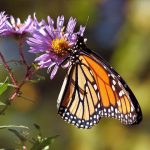
Soil
Learning Standard: 2-LS4-1
Students will learn the importance of soil and observe its many components. Students will search for ingredients that make up soil and discuss which ingredients are most important and why.

Compost
Learning Standard: 2-PS1-1
Students will learn about compost and will investigate, describe, and classify different materials to understand what objects degrade or not within a given length of time.
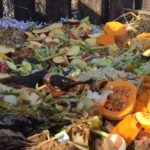
Evergreens
Learning Standard: 2-PS1-1
Students will learn the difference between deciduous versus coniferous trees. Students will investigate and observe how evergreens are different to other trees in color, texture, flexibility, and even smell.
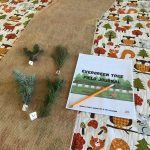
Water
Learning Standard: 2-ESS2-2
Students will learn about the importance of water in agriculture in a variety of water body forms. This lesson will include reading a book and will observe the types of farming dependent on lakes, rivers, ponds, and the ocean.
